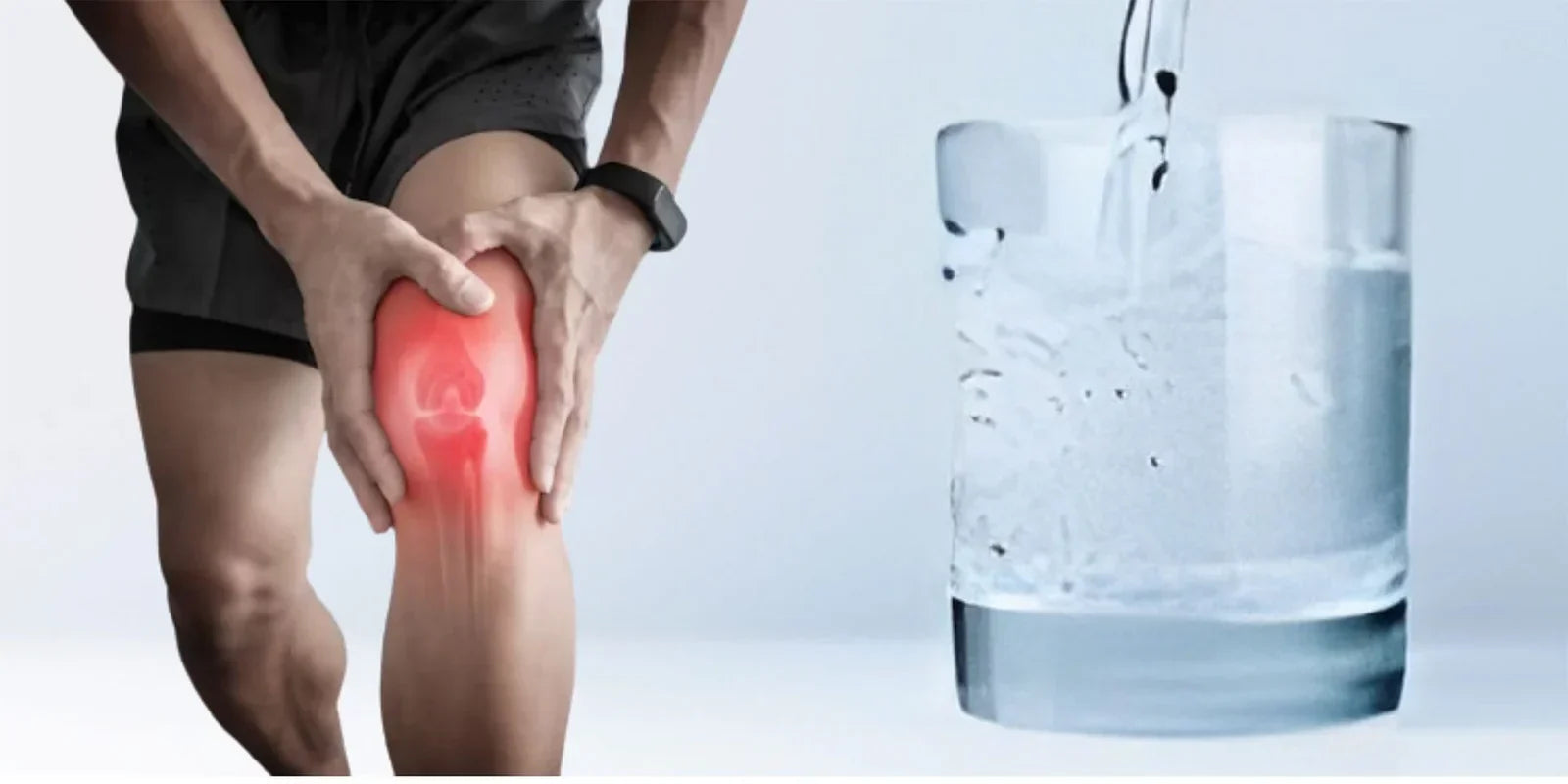
The Role of Hydration in Joint Health: Why Water Matters More Than You Think
Introduction
When people talk about maintaining joint health, the conversation often focuses on supplements, exercise routines, or diets rich in calcium and vitamin D. While these are important, hydration is one of the most overlooked factors for strong, flexible, and pain-free joints. Every joint in the human body depends on water to cushion, lubricate, and support movement. Without enough water, joints can feel stiff, less mobile, and even more prone to injury.
In this article, we’ll break down why water is essential for your joints, how dehydration impacts mobility, and practical tips to stay hydrated every day.
Why Hydration Is Crucial for Joint Health
1. Water Lubricates Your Joints
Your joints are cushioned by synovial fluid, a thick liquid that reduces friction between bones. Since this fluid is largely made up of water, being dehydrated directly lowers its effectiveness. Well-lubricated joints allow for smooth, pain-free motion during walking, running, or exercising.
2. Cartilage Needs Water
Cartilage is the flexible tissue at the end of bones that acts as a shock absorber. Did you know cartilage is made of up to 80% water? When you’re dehydrated, cartilage becomes less elastic, leading to more wear and tear over time. This can increase the risk of conditions like osteoarthritis.
3. Water Helps Transport Nutrients
Joint tissues, like all parts of the body, rely on nutrients for repair and recovery. Adequate hydration ensures that vitamins, minerals, and oxygen are delivered efficiently to the cartilage and tissues, keeping joints healthy and reducing inflammation.
Signs Dehydration May Be Affecting Your Joints
-
Stiffness in the morning or after sitting too long
-
Increased joint pain during workouts
-
Cracking or popping sounds in knees, hips, or shoulders
-
Reduced flexibility or range of motion
These signs often improve when you increase daily water intake.
How Much Water Do You Really Need?
While the “8 glasses per day” rule is a good starting point, hydration needs vary depending on:
-
Age – older adults often feel less thirsty, so they need to be intentional about drinking water.
-
Activity level – athletes and active individuals lose more water through sweat.
-
Climate – hot or dry environments increase hydration needs.
A better rule is:
Drink half your body weight (in pounds) in ounces of water daily.
For example, if you weigh 160 lbs, aim for about 80 ounces (2.3 liters) of water.
Best Hydration Tips for Joint Health
-
Start Your Day with Water – Drink a glass of water first thing in the morning to “re-hydrate” after sleep.
-
Infuse Your Water – Add lemon, cucumber, or mint to make hydration enjoyable.
-
Eat Hydrating Foods – Water-rich foods like watermelon, oranges, and cucumbers also support hydration.
-
Balance Electrolytes – After heavy exercise, include drinks with electrolytes (sodium, potassium, magnesium) for joint and muscle recovery.
-
Set Reminders – Use a phone alarm or water bottle tracker to stay consistent.
Final Thoughts
Healthy joints are essential for a pain-free, active lifestyle, and hydration is one of the simplest ways to protect them. By keeping water intake consistent, you’ll support cartilage, synovial fluid, and nutrient delivery, all of which reduce stiffness, enhance mobility, and lower the risk of long-term joint problems.
So next time you’re sipping water, remember, you’re not just quenching your thirst, you’re investing in stronger, healthier joints.

Leave a comment